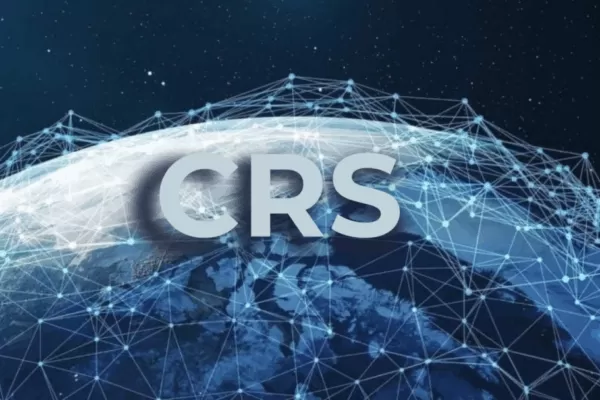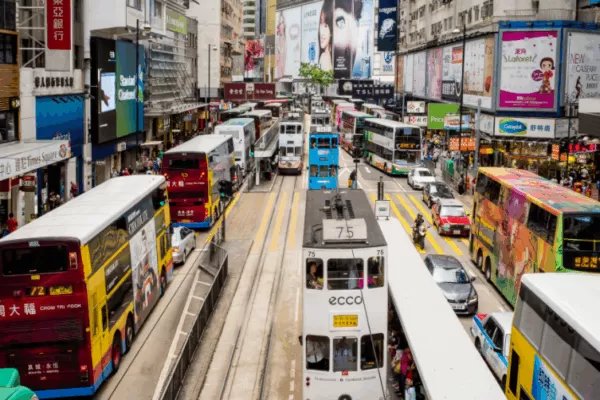
Hong Kong! World No. 1 again!
2024-10-25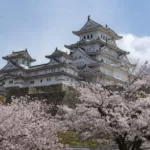
Update: Foreigners in Japan hit another record high!
2024-11-04In recent years, more and more people from overseas have traveled to Japan to buy and invest in real estate due to factors such as the falling yen exchange rate.
However, for first-time investors in the Japanese real estate market, theSite visits to propertiesThere are several aspects that should be taken into account to ensure that investment decisions are made correctly and that the investment is safe.

01, the importance of site selection
Location is one of the most crucial factors in real estate investment. A quality location not only increases the value of the property, but also attracts more tenants or buyers.
When inspecting properties in Japan, you should focus on whether the area in which the property is located has convenient transportation, good amenities, and whether there are quality educational resources in the surrounding area.
The future development potential of the area should also be examined, such as new projects or infrastructure development planned by the government.
02. Property quality and construction standards
When inspecting a property, it is important to look not only at the exterior and interior, but also to gain insight into the quality of the construction of the property and its compliance with Japanese building standards.
For example, Japan is located on an earthquake zone, so earthquake resistance is one of the most important factors that must be considered when choosing a property.
It is also important to check the property for potential structural problems such as cracks and water seepage.
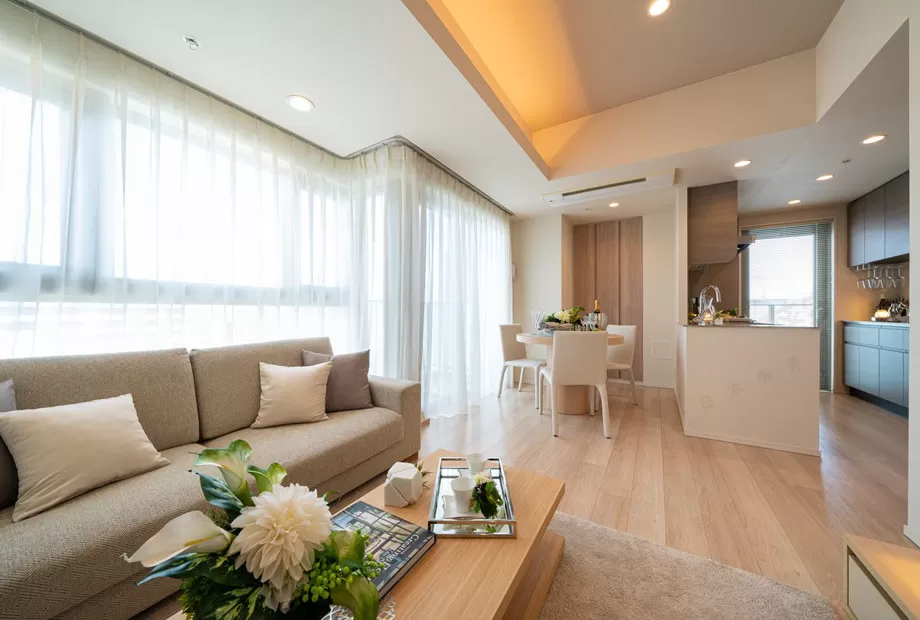
03. Public facilities and property management
The state of maintenance of common areas often reflects the level of property management.
During the inspection, you can pay attention to the greenery, cleanliness, parking space management and garbage disposal in the neighborhood. Good property management not only enhances the happiness of the residents, but also effectively maintains or increases the value of the property.
04. Inspection of concealed works
For some "invisible" parts, such as plumbing, electrical wiring and other hidden works, although it may be difficult for the average investor to check on their own, they should ask for a professional assessment if possible.
Aging or damage to these facilities can lead to high repair costs.
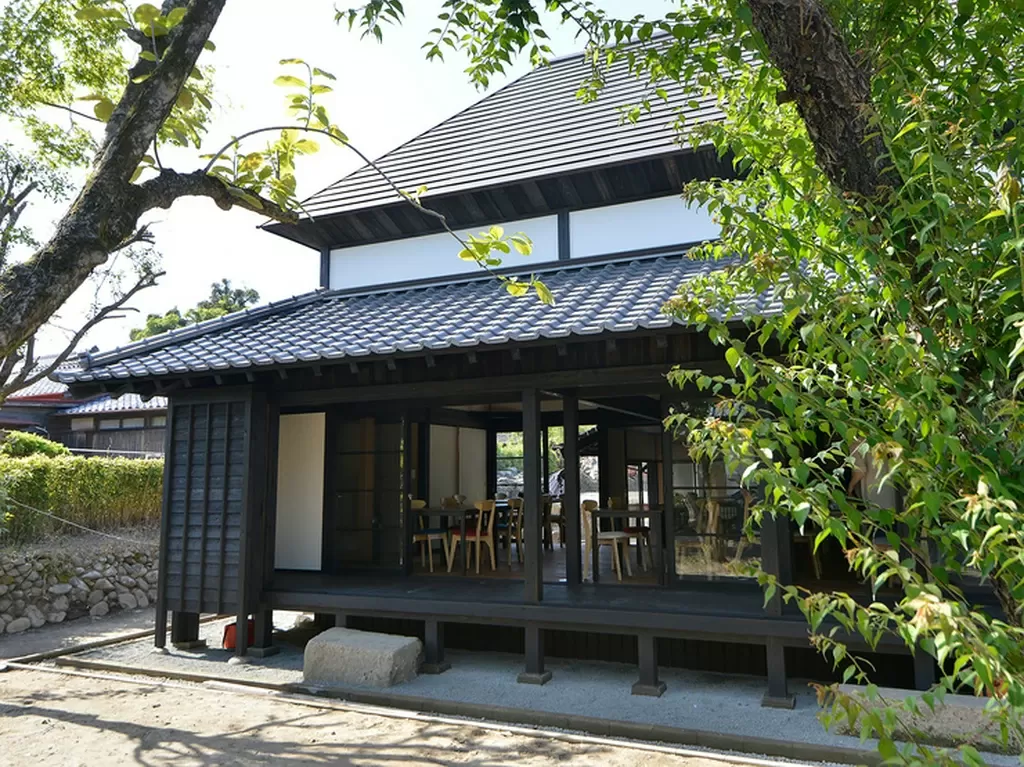
05. Legal documents and rights and obligations
Before deciding to buy, it is important to understand and check all relevant legal documents in detail, including but not limited to property deeds, building permits, etc., to ensure that the ownership of the property is clear and undisputed.
Also, understand your rights and obligations as a buyer, especially regarding taxes, maintenance funds, etc.
06. Attention to environmental impacts
When inspecting a property, you also need to be aware of the impact of your surroundings.
For example, whether the property is close to sources of noise (e.g., highways, airports), pollution, or other adverse factors. These issues may affect the quality of living and the long-term value of the property.
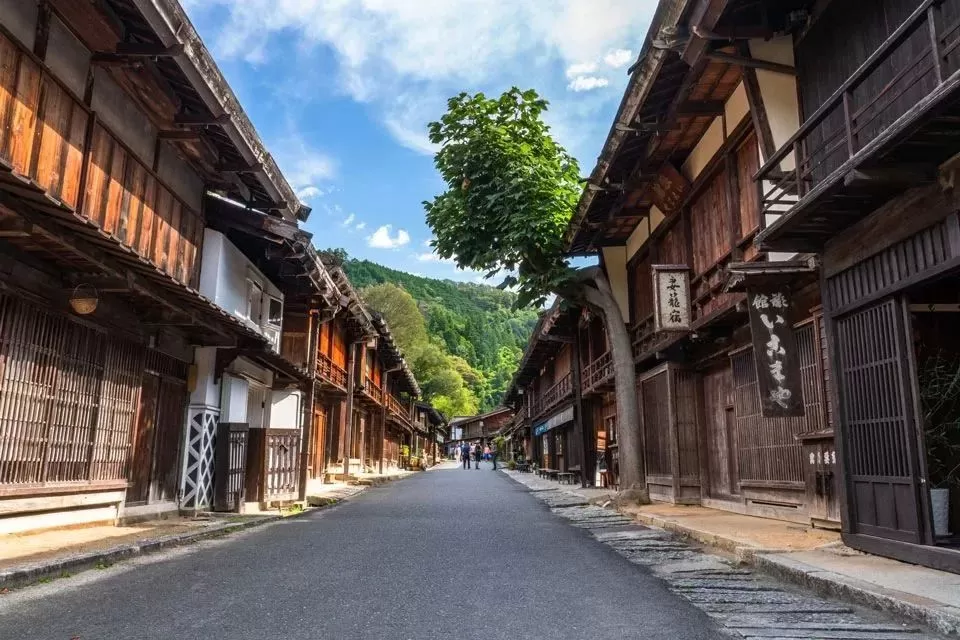
07. Investigation history
For second homes, it is especially important to know the history of the property.
This includes, but is not limited to, whether the property has a history of serious accidents (e.g. fires, floods, etc.) and whether there are any "accident houses". This information can be obtained through local real estate agents or relevant organizations.

In conclusion, going to Japan to inspect properties is a meticulous and complex process that requires investors to invest enough time and effort to fully consider all aspects of the factors. With the above advice, we hope to help you make a more informed investment decision in the Japanese real estate market.
If you are interested in investing in real estate in Japan, please feel free to contact us!
